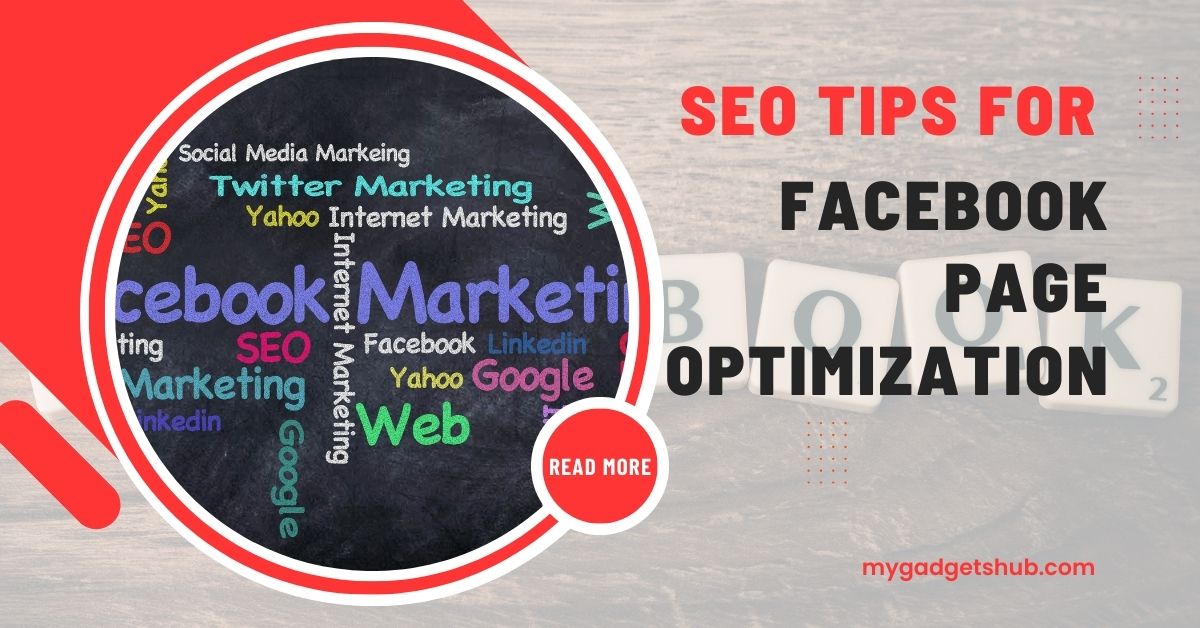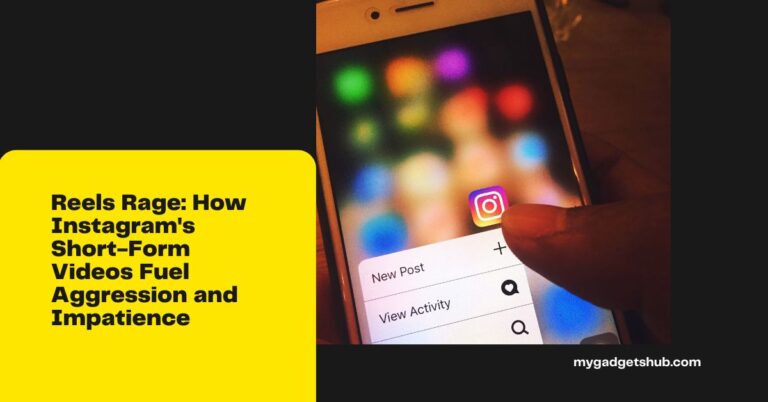SEO for Facebook Pages: Why It Matters
While Facebook doesn’t have a traditional search engine, optimizing your page for search still has significant benefits:
- Increased Visibility: When people search for relevant terms or topics on Facebook, your page might appear in the search results.
- Improved Engagement: A well-optimized page attracts more organic traffic, leading to increased likes, shares, comments, and overall engagement.
- Stronger Brand Awareness: A visible and engaging Facebook page helps build your brand’s reputation and reach a wider audience.
- Better Targeting: SEO can help you optimize your content to reach your target audience more effectively.
- Enhanced SEO for Your Website: A well-optimized Facebook page can indirectly benefit your website’s SEO. Links from your Facebook page to your website can improve your website’s search engine ranking.
Key Elements of SEO for Facebook Pages:
- Relevant Keywords: Use keywords that accurately describe your page’s content.
- Engaging Content: Create high-quality, shareable content that resonates with your audience.
- Complete Profile: Fill out all relevant sections of your profile, including a detailed description.
- Quality Backlinks: Encourage other pages to link to your Facebook page.
- Optimize Images: Use descriptive file names and alt text for your images.
These SEO strategies can enhance your Facebook page’s visibility and increase organic traffic.
10 Tips for Optimizing Your Facebook Page for SEO
Here are some tried and tested tips for optimizing your Facebook page for SEO:
- Complete Your Profile Information:
- Fill in all relevant fields, including your business name, description, category, and contact information.
- Use keywords that accurately describe your business.
- Optimize Your Page Name:
- Choose a page name that includes your target keywords.
- Make sure your page name is clear and concise.
- Use a High-Quality Profile Picture and Cover Photo:
- Choose images that are visually appealing and relevant to your business.
- Optimize the image file names and alt text for SEO.
- Create Engaging Content:
- Publish high-quality content regularly.
- Use relevant keywords in your posts.
- Encourage user interaction with your posts.
- Optimize Your Posts for Engagement:
- Use eye-catching headlines and visuals.
- Ask questions and encourage comments.
- Respond to comments promptly.
- Use Relevant Hashtags:
- Research and use popular and relevant hashtags.
- Use a mix of general and niche-specific hashtags.
- Encourage User-Generated Content:
- Run contests or giveaways to encourage users to share their experiences.
- Respond positively to user-generated content.
- Build Backlinks:
- Promote your Facebook page on other websites and social media platforms.
- Encourage other businesses or influencers to link to your page.
- Monitor and Analyze Your Performance:
- Use Facebook Insights to track your page’s performance.
- Identify areas for improvement and adjust your strategy accordingly.
- Stay Up-to-Date with Facebook Algorithm Changes:
- Keep informed about the latest updates to the Facebook algorithm.
- Adapt your strategy to ensure your content reaches your target audience.
Conclusion
Optimizing your Facebook page for SEO is essential for increasing its visibility, attracting organic traffic, and enhancing your brand’s reach. Here are the key points to remember:
- Use Relevant Keywords: Incorporate keywords that accurately describe your business and content.
- Create Engaging Content: Share high-quality, shareable content that resonates with your audience.
- Complete Your Profile: Fill out all relevant fields with accurate and detailed information.
- Encourage Backlinks: Promote your page on other platforms and encourage others to link to it.
- Optimize Images: Use descriptive file names and alt text for your images.
Remember that SEO is an ongoing process. Regularly monitor your page’s performance, track your metrics, and make adjustments as needed.
For further learning, explore these resources:
- Facebook Business Help Center: https://www.facebook.com/business/help
- SEOMoz: https://moz.com/
- HubSpot Marketing Blog: https://blog.hubspot.com/marketing
By consistently optimizing your Facebook page for SEO, you can improve its visibility, engagement, and overall success.



